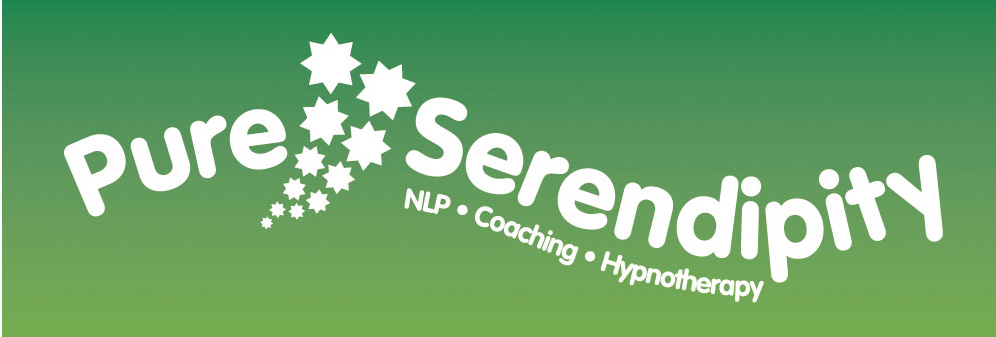Last week I wrote about the benefits of occasionally recalibrating
our internal mechanism/filters so that as well as ‘noticing what you notice’;
you also notice what you don’t notice.
The feedback I’ve had is that many of you recognise that recalibration
would definitely benefit you but are unsure how or where to start. So, over the
next few weeks or months (who knows? Not me, yet!) I’ll be offering some suggestions
and, of course, if you think I could offer you some more in depth support, then
that may be possible too.
What’s important to recognise is that this series of articles
isn’t a ‘prescription’ or a ‘formula’ (though that may follow!) but a series of
ideas that I know work. Some will work better for you than others. So, have
fun, experiment – and let me know how you get on.
So start by identifying your dominant sense. If you’re at
all familiar with NLP you’ll already know this – or how to do it. If not, there’s
plenty of help on line but for our purposes today, the following quick test
will suffice….
Imagine you’ve just gone into an unfamiliar house. What’s
the first thing you notice about it?
You can only pick one.
Is it, for example, how
- · Quiet (or noisy) it is/ how the floorboard creaks when yours don't? Or how the pipes don’t judder when you run the tap, but yours do? If this is you, for our purposes today, external sound is your preferred sense.
- · Tidy/beautiful/untidy/ugly it is? How clear/faded the colours are? If this is you , for our purposes today, you tend to respond most strongly to visual cues,
- · Musty it seems? Or how over powering the plug-in air freshener is? How great the fresh coffee smells or how overpowering the lilies are? If this is you smell is likely to be your dominant sense.
- · You can’t wait to finger the furnishings – curtains, sofas, other furnishings etc? Or how you would normally but are somehow repelled here? This means it’s likely that you respond most strongly to tactile clues.
- · You have a strong sensation in your mouth – it could be warm, sweet, pleasant – or perhaps cold, bitter, nasty. Either way, this suggests that taste is very important for you.
So, now that you’ve done that. Pick any ONE of the other
five senses (i.e. anything other than your preferred/dominant sense- and if you
already have a sense of your least preferred style it would be great to pick
that) and spend today (or tomorrow if you’re reading this late at night) noticing
and recording how many examples of your chosen (not preferred) sense you notice
that day. And what you learn from that.
I’ll share my own observations/learnings in a future blog.




No comments:
Post a Comment